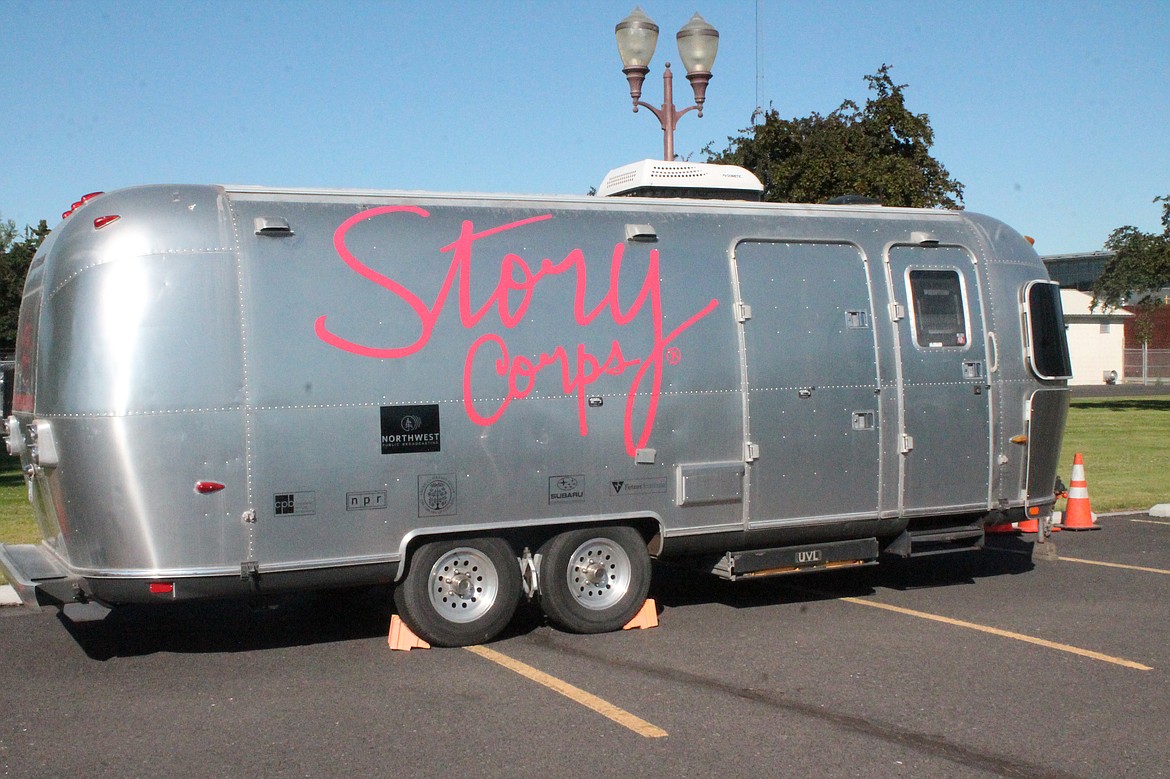Story Corps comes to Moses Lake
MOSES LAKE — Basin residents have a chance this month to tell their stories for posterity.
Become a Subscriber!
You have read all of your free articles this month. Select a plan below to start your subscription today.
Already a subscriber? Login




